Bio-degradable cards
Every card imaginable!
|
Bio-degradable cards Every card imaginable! Not Just Dogs: A Guide to Emotional Support AnimalsLife can be pretty tough sometimes, bringing stress, anxiety, or other emotional challenges that feel hard to handle. For many of us, the steady comfort and company of an animal can make a real difference. While we often hear a lot about assistance dogs, it’s true that all sorts of other animals give emotional support to countless people. If you’re curious about emotional support animals beyond dogs, or you just want to understand more about these companions and how they help, then you're in the right place. This guide is here to give you straightforward, helpful information, understanding that every animal’s unique friendship can bring so much good. Table of Contents
What Exactly is an Emotional Support Animal (ESA)?This is a common question, and sometimes it gets a bit mixed up with terms like 'assistance animal'. Let’s clear things up simply, focusing on what an emotional support animal means. Understanding Emotional Support Animals (ESAs)An emotional support animal (ESA) is a companion animal that brings comfort and a sense of calm to someone dealing with a mental health condition or emotional difficulty. The important thing is the comfort and company they offer. These animals aren’t specially trained to do tasks like a guide dog might – for example, leading someone who can’t see, or alerting them to a medical event. Instead, it’s simply their presence, their personality, and the bond you share that helps ease difficult feelings. Think about it: for someone dealing with anxiety, the purr of a cat on their lap can be very soothing, helping them feel more grounded when overwhelmed. For another, struggling with depression, the daily need to care for a guinea pig might offer a sense of purpose and routine, gently encouraging them to face the day. It’s all about the natural, helpful boost you get from connecting deeply with your animal. How ESAs are Different from Assistance AnimalsThis is an important point to understand, even though we’re mainly talking about different types of animals here. The rules are different depending on the animal’s role.
So, while both types of animals help their human friends a lot, their jobs, their training, and how they’re viewed by UK law are quite different. An ESA’s job is simply to be there, to offer a calming presence, and to give that unconditional friendship and connection. Why a Professional's Note Matters for Your ESAIn the UK, anyone can call their pet an emotional support animal (ESA) if it helps them emotionally. You don’t need a professional note just to use the term. However, if you want your animal to have any formal recognition—like being considered in housing or other special situations—you would typically need a note from a qualified medical or mental health professional, such as a GP, psychiatrist, or therapist. The note would confirm that your animal provides meaningful support for a diagnosed mental health condition. It’s not just about wanting a pet because they’re lovely. For official purposes, the professional’s confirmation shows that your animal plays an important role in managing your mental health. Without this, your animal is legally just a pet, no matter how much comfort they provide. 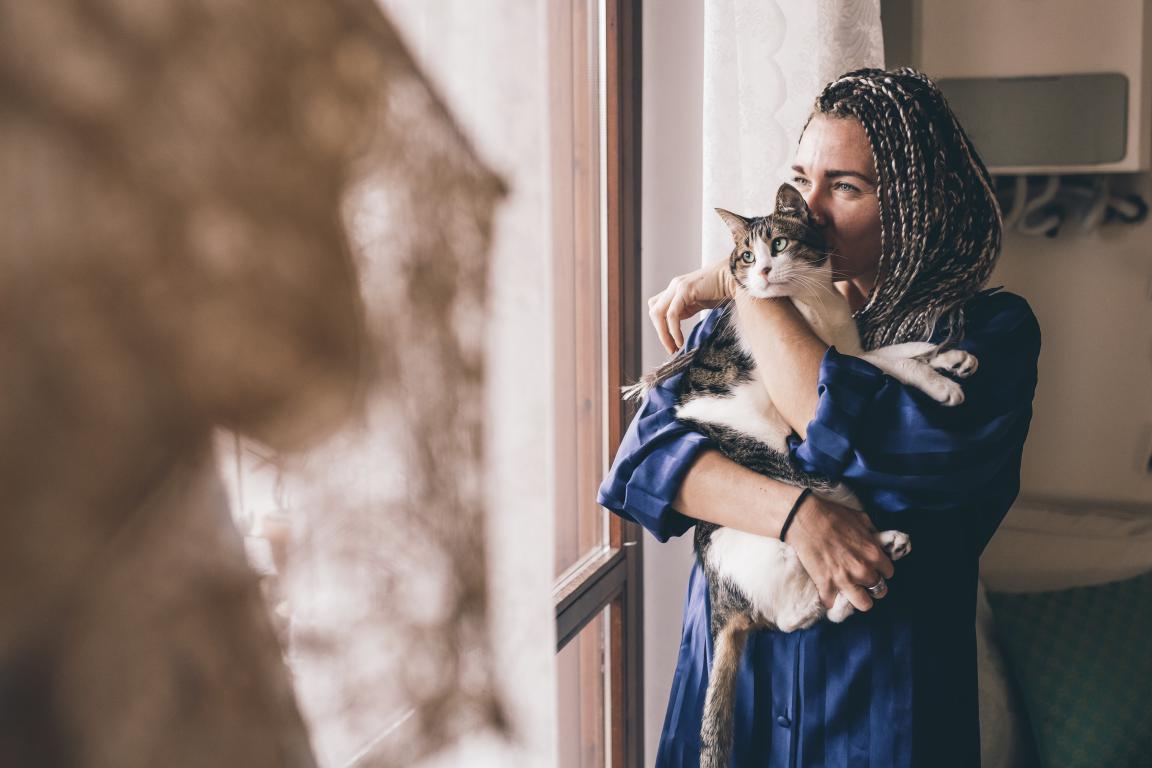
Why Animals Are So Good at Giving Emotional SupportIt’s something many of us just know – being around an animal simply makes us feel better. But there’s a lot more to this feeling than just being 'nice'. The bond we have with animals is powerful, and research helps us understand why they’re such great sources of emotional support. It’s a mix of how our bodies and minds work, and that special connection only an animal can offer. The Comfort of Unconditional FriendshipOne of the best things an animal offers is their unconditional friendship and full acceptance. Animals don’t judge you – not for how you look, not for past mistakes, and not for whether you’re having a good day. They don’t care if you’re struggling with words or if your anxiety is high. They just offer their steady presence, their affection, and their loyal company. For anyone dealing with mental health issues, this can feel very freeing. It creates a safe, non-judgemental space where you can truly be yourself, without fear of criticism or feeling misunderstood. This feeling of being accepted can really help lessen feelings of isolation and loneliness, which are often big parts of many mental health conditions. Imagine coming home after a tough day, and your pet greets you with genuine excitement and love, asking for nothing more than your company and a gentle stroke. That simple moment can feel like a real lifeline. Easing Stress and Anxiety: A Natural Body BoostThe good things that come from spending time with animals aren't just in our heads; they have a real effect on our bodies too. When we gently pet, cuddle, or just quietly watch animals, our bodies go through some positive changes.
These body changes are important. They clearly show how animals actively help reduce the signs of stress and anxiety, helping us find peace. Giving Us Purpose and a Gentle RoutineFor many people with mental health challenges, getting into a consistent daily routine can be hard, but it’s often an important part of feeling stable and better. This is where an emotional support animal can play a quiet but very powerful role.
Helping Us Connect with OthersWhile lots of people get emotional support animals mainly for private comfort, these companions can also become unexpected ways to connect with other people – which is another important part of feeling good mentally.
So, animals do more than just look cute; they truly connect with us on many levels – emotionally, physically, and socially. They offer a unique mix of unconditional friendship, natural stress relief, routine, and a sense of purpose that makes them great at giving emotional support. It’s a wonderful thing, the bond we share with animals. 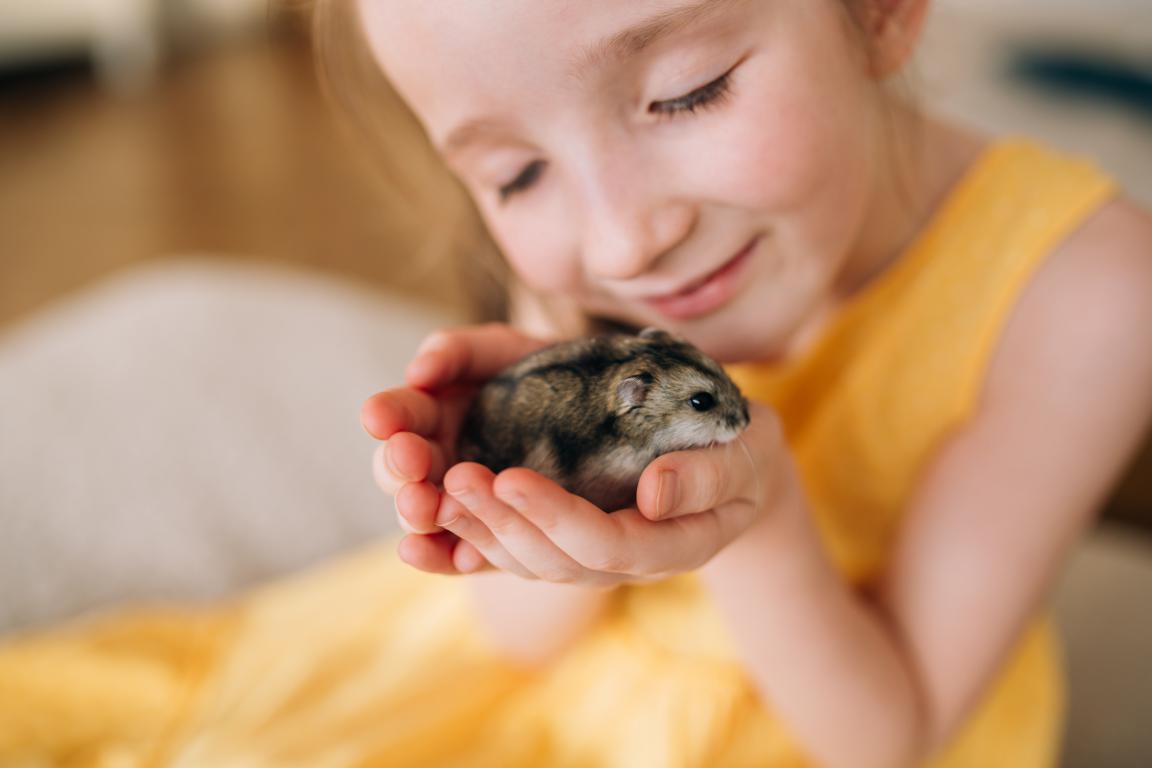
Beyond Dogs: Let's Meet Other Emotional Support Animals in the UKWhen most people think of emotional support animals, they often think of dogs. And of course, dogs are brilliant companions. But there are lots of different kinds of animals that give emotional support to people here in the UK. The main thing isn't the type of animal, but that individual animal’s personality, the connection it has with its owner, and how it helps the owner feel better. It’s always worth remembering that for any animal to be properly seen as an ESA, a qualified mental health professional in the UK would typically need to confirm that your animal truly helps you. Here, we'll look at some of the other great creatures people choose as emotional support animals, and what makes them such a good fit for certain people. 
CatsCats are probably the most popular non-dog ESA, and for good reason. They are very comforting, often quite knowing, and can be tuned in to how their owners are feeling. They offer a mix of affection and just enough independence.
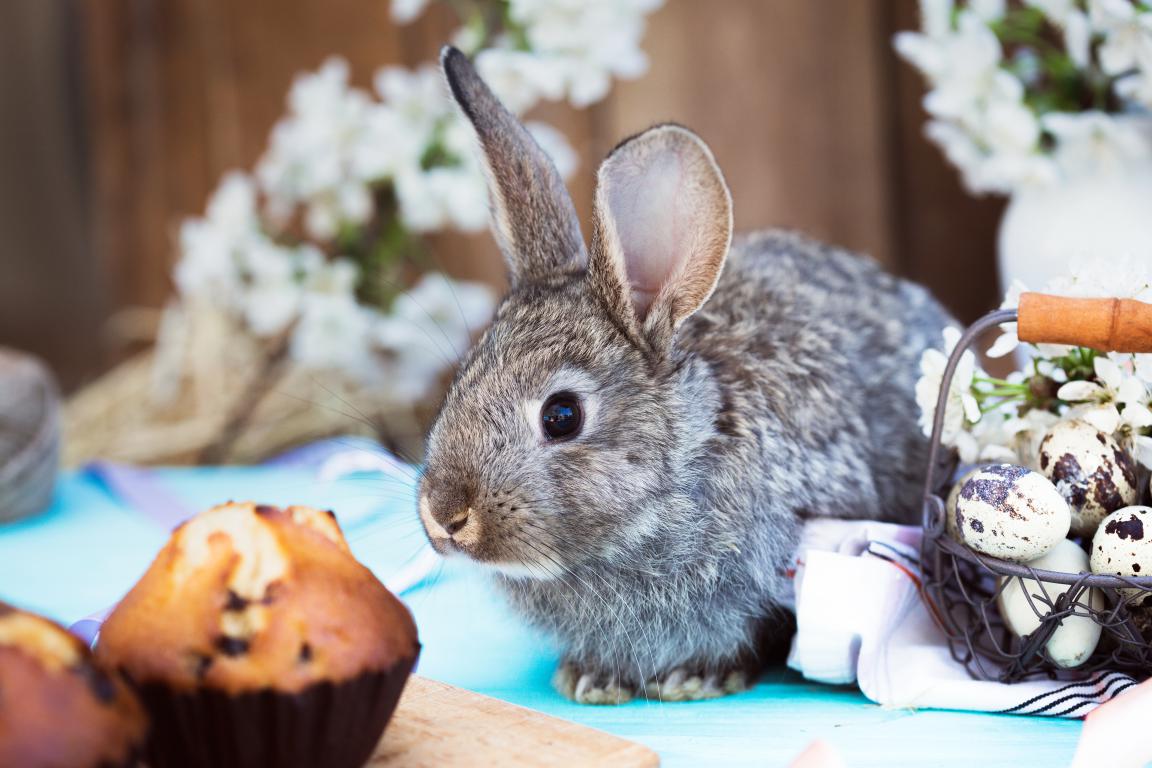
RabbitsRabbits might seem an unusual choice to some, but their gentle nature, quiet company, and distinct personalities make them wonderful emotional support animals for many. They’re especially good for people looking for calm and gentle support.
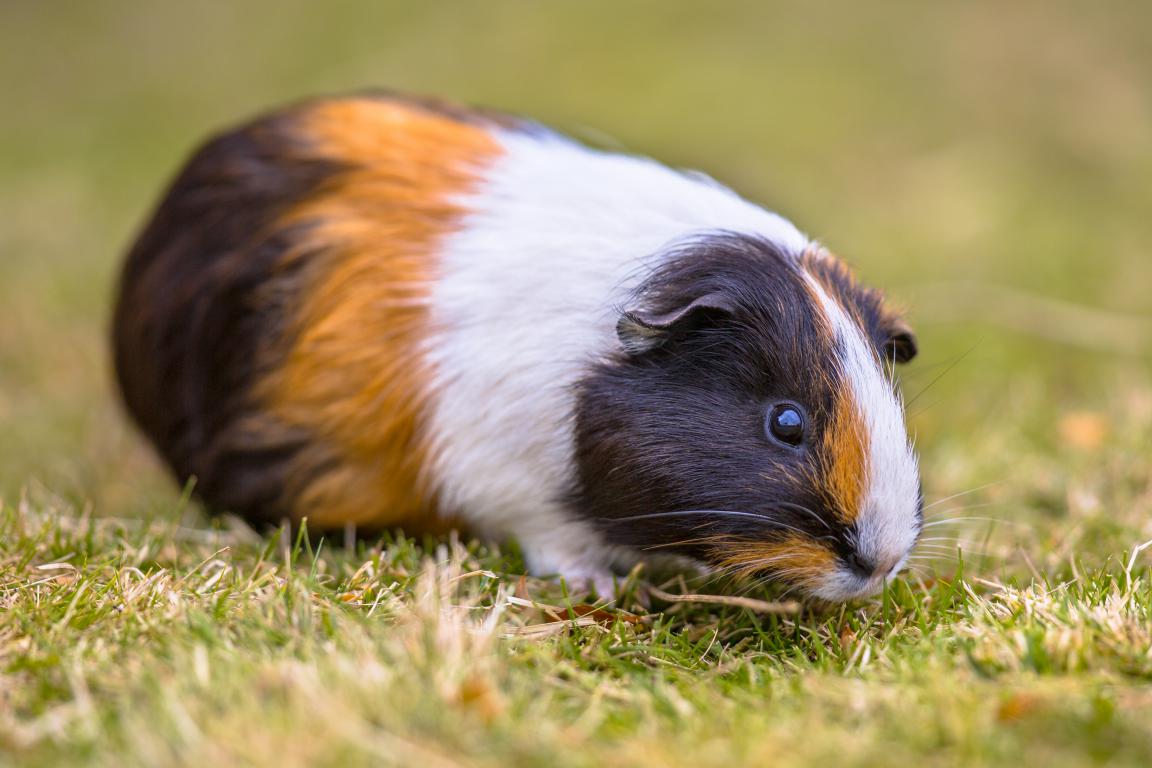
Guinea PigsOften not fully appreciated, guinea pigs are social, often quite vocal, and surprisingly loving small animals that can give you a lot of emotional support. They’re great for people who want an interactive but manageable companion, and who enjoy a home filled with cheerful sounds.
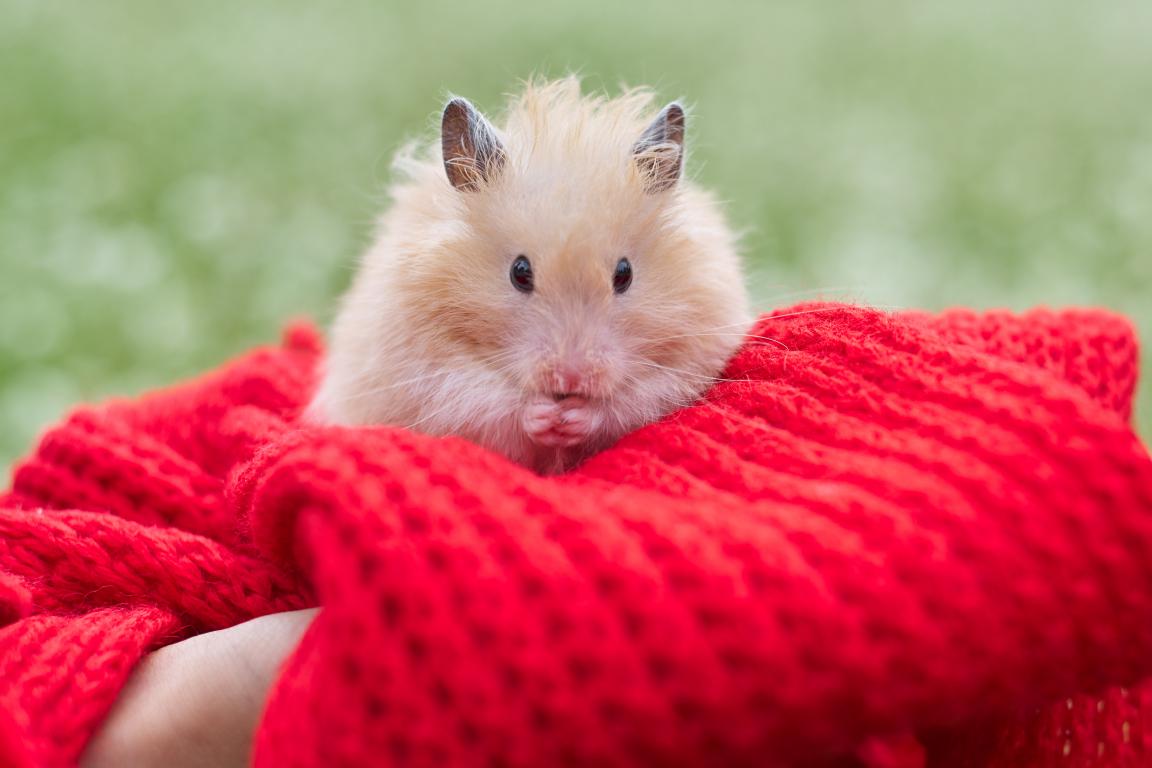
Hamsters and GerbilsThese tiny creatures might seem too small for emotional support, but for some, their unique habits and simple care can bring great comfort, quiet company, and a fascinating presence in the home.
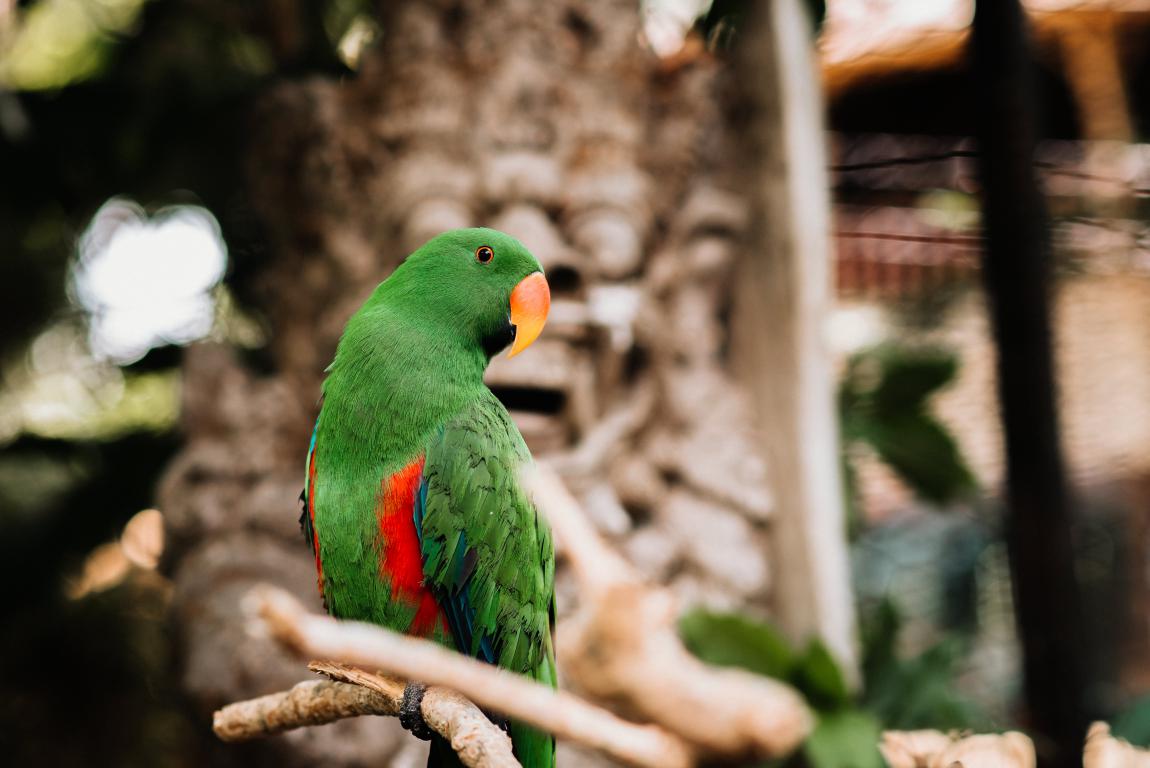
BirdsFrom the gentle coo of a dove to the clever chatter of a parrot, birds offer a unique kind of emotional support. They engage our senses, give us good company, and can bring a bright, uplifting energy into a home.
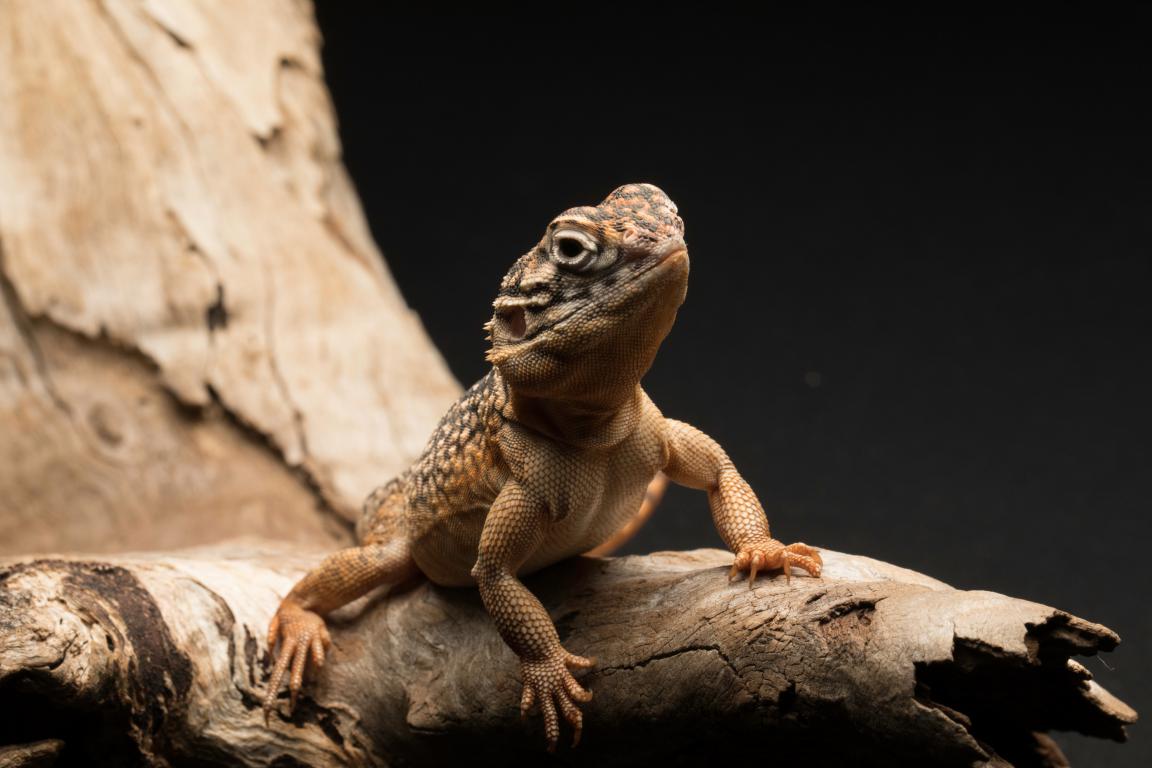
ReptilesWhile they might not be cuddly, certain reptiles can offer a deep and special sense of calm, routine, and a grounding presence for individuals looking for a different kind of emotional support.
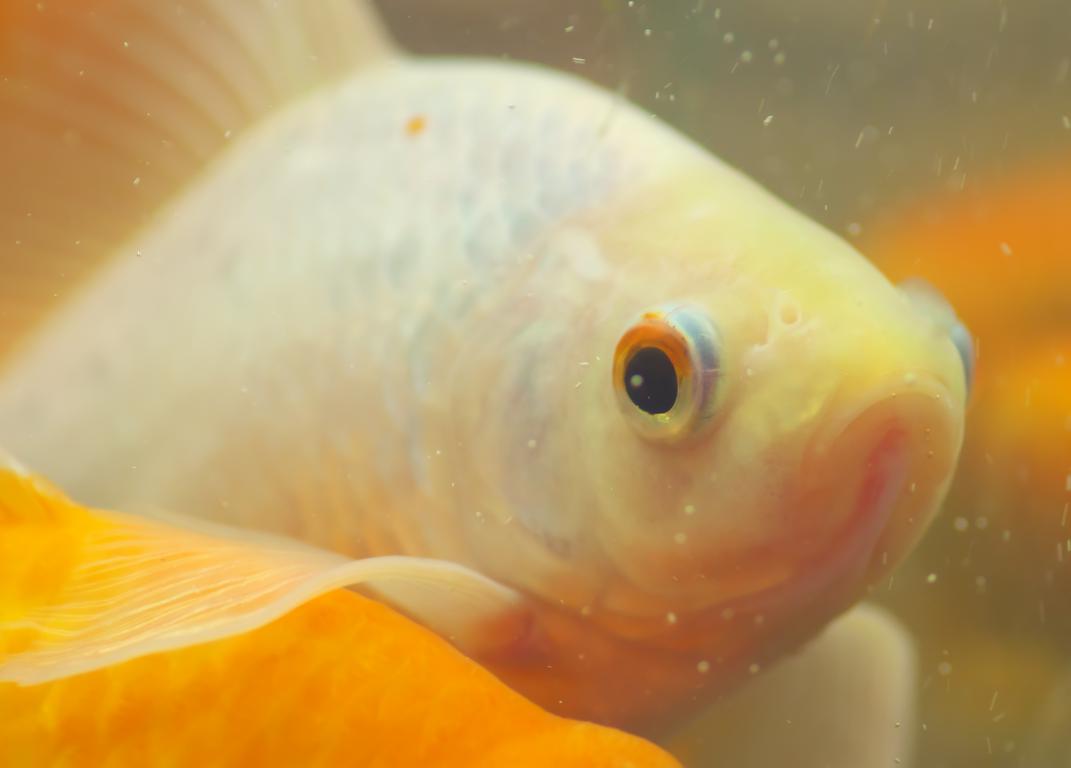
FishAquariums full of colourful fish have long been known for creating a peaceful atmosphere. For some people, fish can genuinely serve as effective emotional support animals, offering a serene and deeply calming presence.
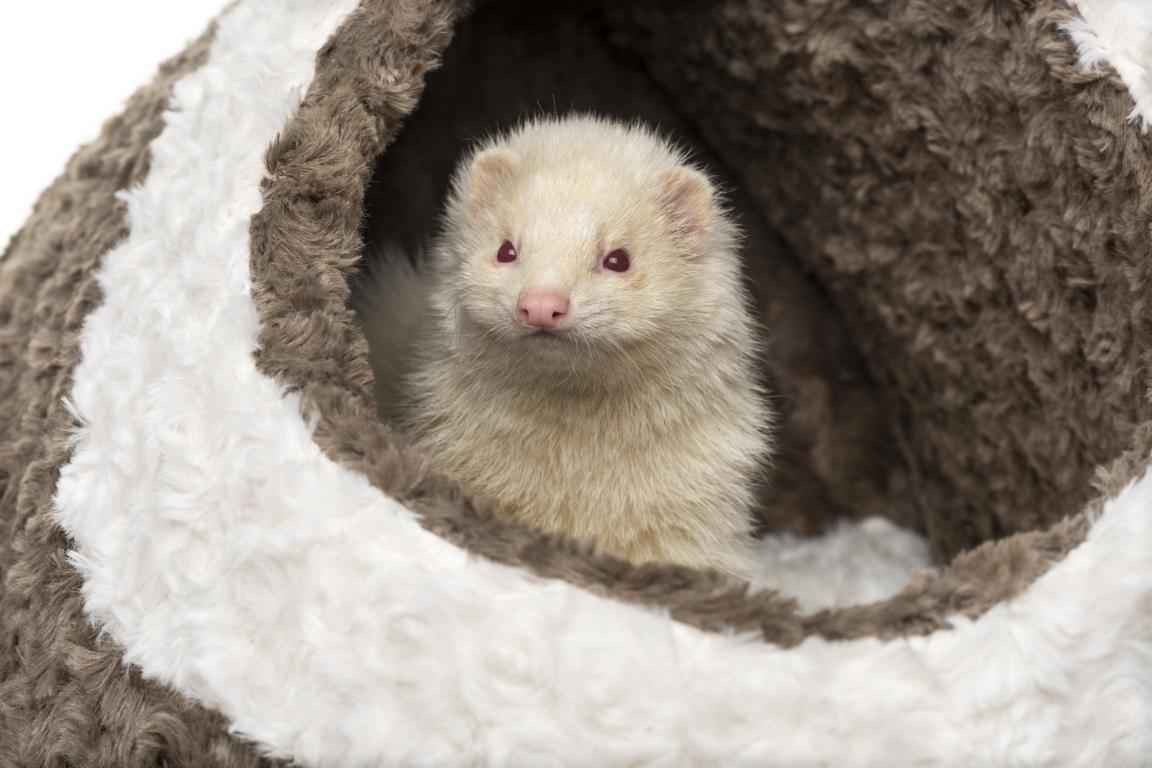
FerretsFerrets are surprisingly affectionate and playful creatures that can make wonderful emotional support animals. Their curious nature and entertaining antics provide a unique blend of comfort and amusement. Playful Companionship: Ferrets are known for their energetic "ferret dances" and love of exploring. Watching them play, pounce, and tunnel can be incredibly uplifting and distracting from worries. Their playful curiosity is infectious and can bring a lot of joy and laughter into your life. Curious and Engaging: Ferrets are highly intelligent and curious, always investigating their surroundings. This engagement can be a great way to break negative thought patterns and focus on something outside of yourself. They thrive on interaction and can form strong bonds with their owners. Small but Mighty: Despite their small size, ferrets have big personalities. They enjoy cuddling after a good play session and will often seek out their owner's lap for a nap. This physical closeness, combined with their playful nature, offers a unique and comforting presence. 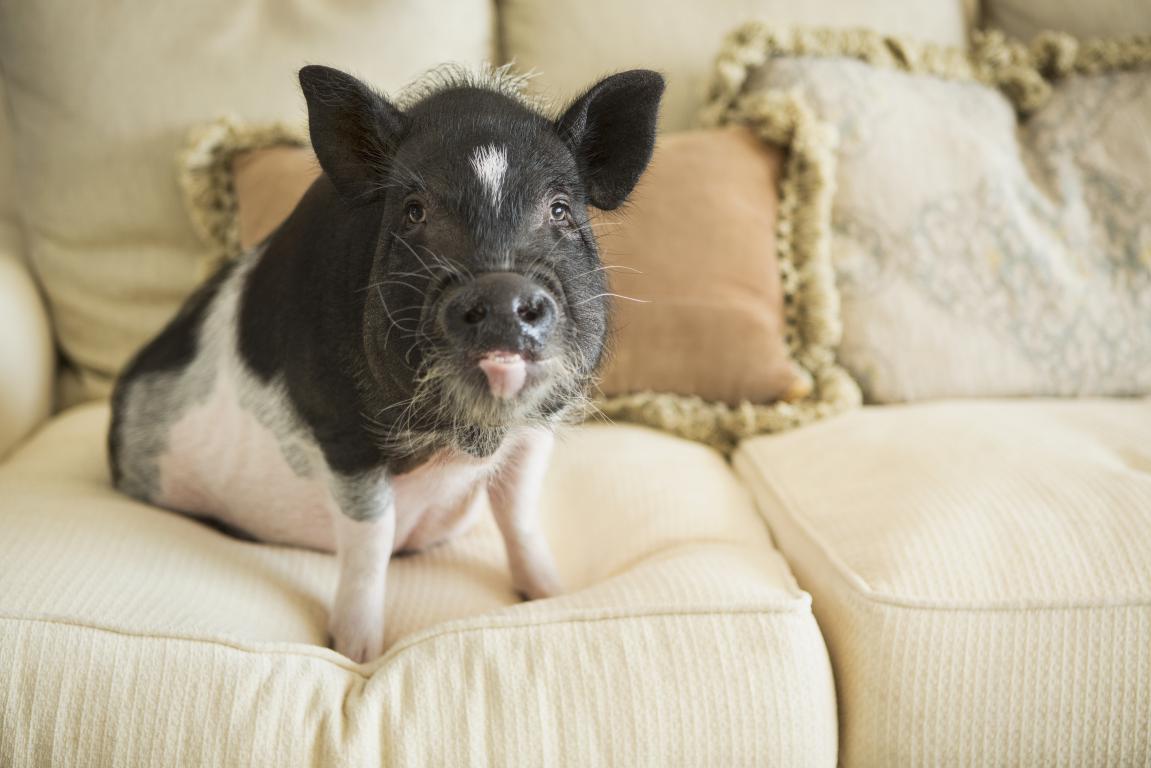
Miniature PigsMiniature pigs, with their intelligence and affectionate personalities, are becoming increasingly recognized as excellent emotional support animals. They offer a unique blend of comfort, engagement, and a touch of the unexpected. Intelligent and Responsive: Miniature pigs are highly intelligent and can be trained much like dogs. This ability to learn and respond to commands can create a strong sense of connection and purpose. Their understanding of routines and their owner's moods makes them incredibly attuned companions. Affectionate and Social: When properly socialized, miniature pigs are very affectionate and enjoy human interaction. They love belly rubs and will often snuggle up with their owners. This physical closeness and their clear enjoyment of affection can be incredibly comforting and stress-reducing. Unique Personalities: Each miniature pig has a distinct personality, which can be a source of endless fascination and entertainment. Their quirky behaviors and charming expressions bring a unique dynamic to the home, offering a refreshing distraction and a sense of unconditional acceptance. 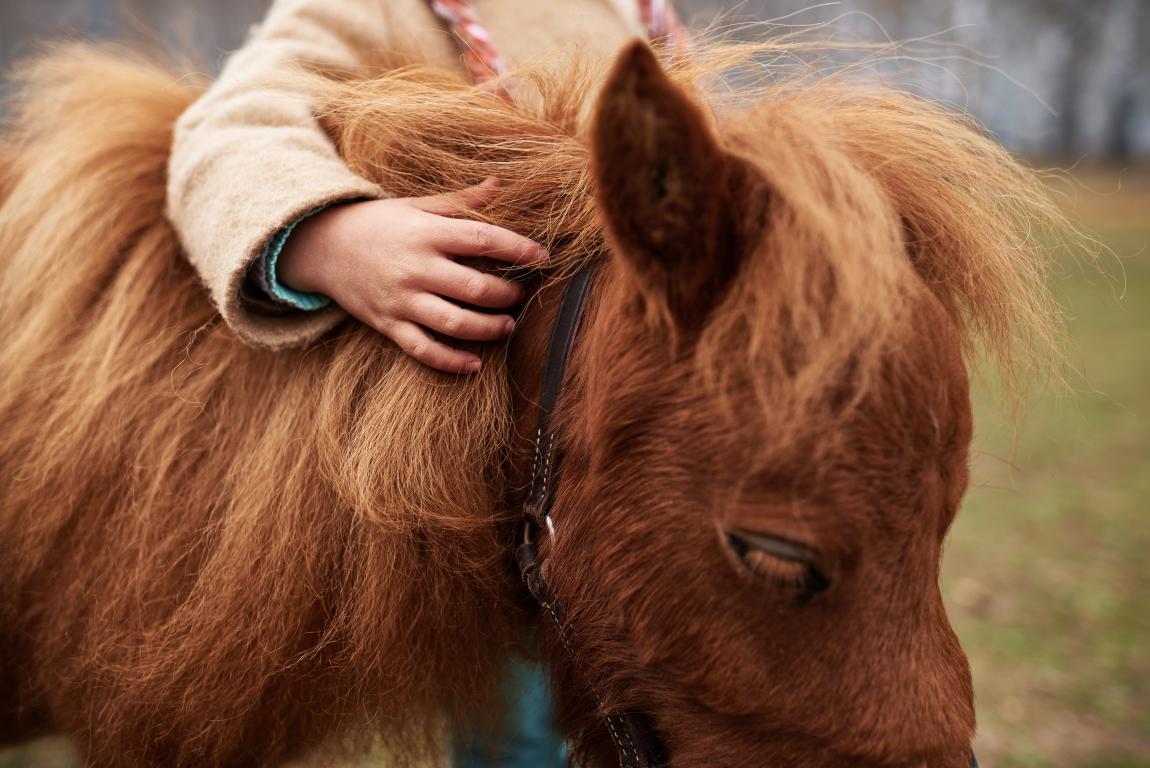
Horses and PoniesWhile a larger commitment, horses and ponies offer an unparalleled depth of connection and a unique form of emotional support, rooted in their sensitivity and majestic presence. Sensitive and Intuitive: Horses are incredibly perceptive animals, often sensing and mirroring their owner's emotions. This intuitive understanding can lead to a profound bond, where the horse's calm presence can help regulate and ground an individual experiencing anxiety or stress. The Power of Connection: The act of grooming, leading, or simply being in the presence of a horse can be incredibly therapeutic. This interaction fosters a sense of responsibility, trust, and connection that can be deeply empowering and stress-relieving. Their gentle nature offers a peaceful escape. Grounding Presence: The sheer size and steady presence of a horse can be incredibly grounding. The rhythm of their breathing, the warmth of their body, and the quiet dignity they exude can create a deeply calming environment, helping to reduce feelings of overwhelm and promoting mindfulness. 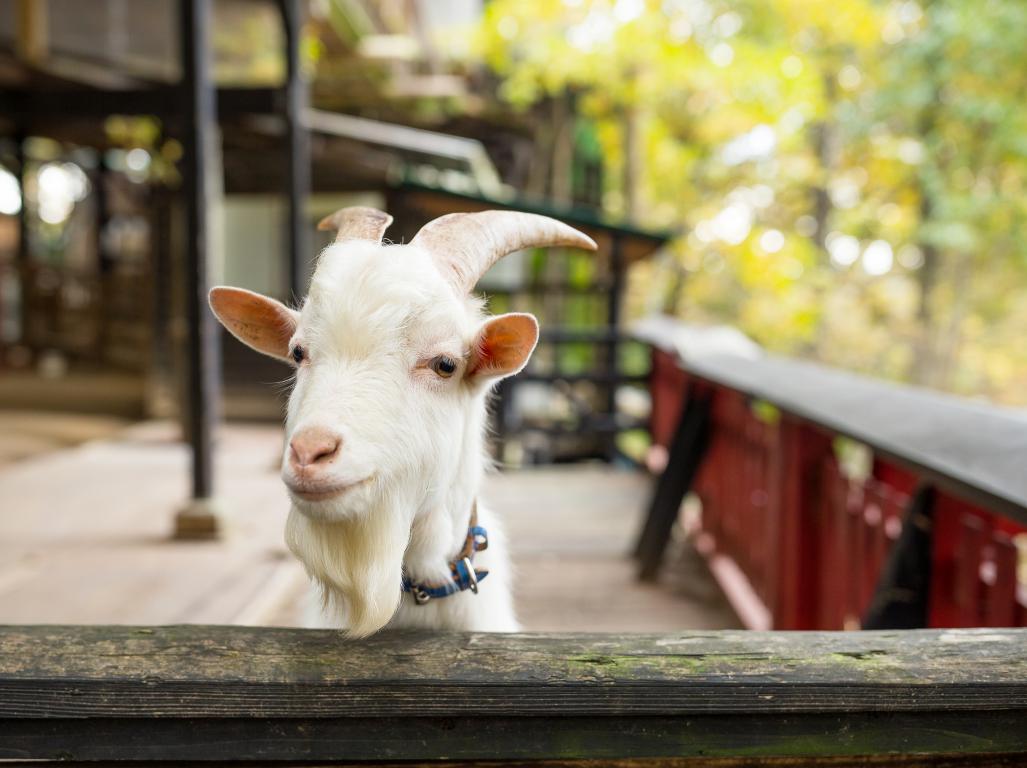
GoatsGoats, with their inquisitive nature and often charmingly mischievous personalities, can offer a surprisingly engaging and comforting form of emotional support. Curious and Engaging: Goats are intelligent and naturally curious creatures. Watching them explore, play, and interact with their environment can be a delightful distraction and a source of quiet amusement. Their playful headbutts (in good fun!) and eager bleats can bring a unique sense of connection. Active Companionship: While not typically lap animals, goats thrive on interaction and can form strong bonds with their caretakers. The routine of caring for them—feeding, grooming, and providing enrichment—can offer a fulfilling structure to your day and a sense of purpose. Unique Personalities: Each goat has a distinct personality, ranging from shy and gentle to bold and boisterous. This individuality makes them fascinating companions, offering a consistent presence and a refreshing perspective through their simple, joyful approach to life. Their presence can be surprisingly grounding and offer a sense of connection to nature. 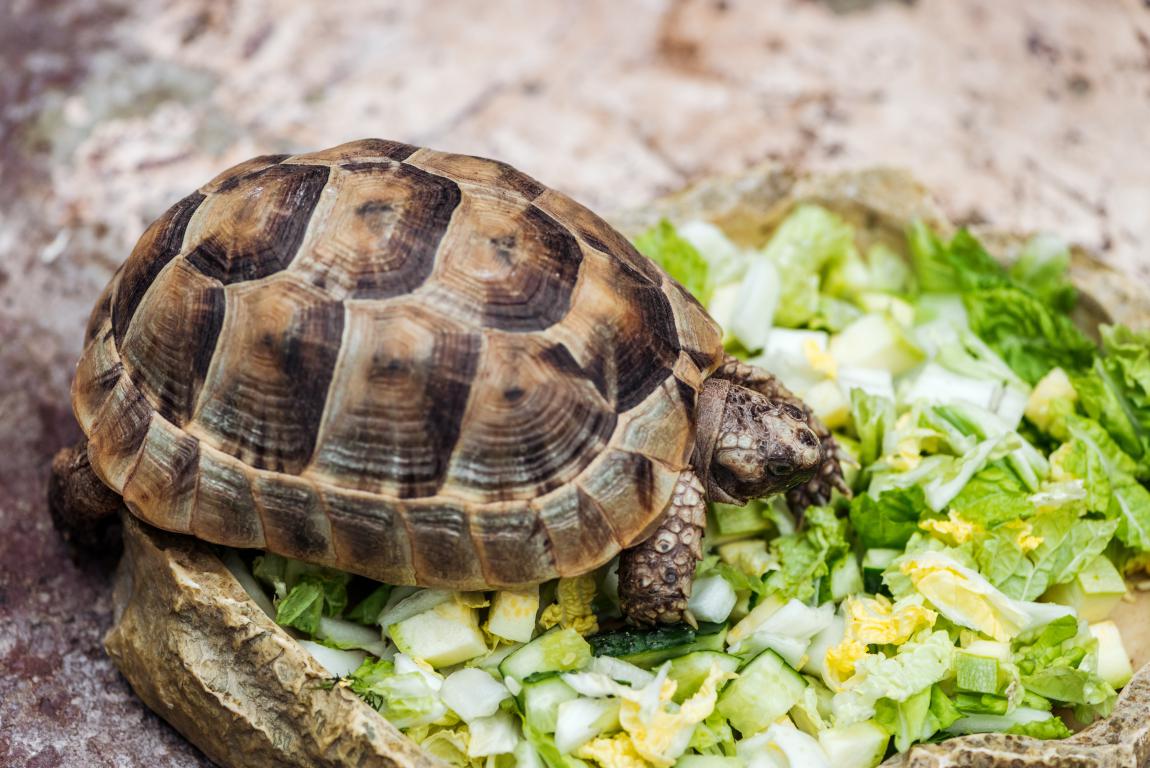
TortoisesTortoises, with their slow and steady pace, offer a unique and calming form of emotional support, providing a consistent, low-key presence that can be incredibly soothing. Calm and Steady Presence: A tortoise’s unhurried nature is a powerful antidote to stress and anxiety. Their slow movements and quiet existence can encourage mindfulness and a sense of peacefulness. Watching a tortoise calmly navigate its environment can be a meditative experience, helping to slow down racing thoughts. Low-Maintenance Companionship: Tortoises are relatively low-maintenance, offering companionship without demanding constant attention. This can be ideal for individuals who might feel overwhelmed by more demanding pets but still desire a living presence in their home. Their steady routine provides a comforting rhythm. Longevity and Consistency: Tortoises are known for their long lifespans, offering a consistent and enduring presence. This long-term commitment can provide a deep sense of security and stability, knowing you have a steadfast companion by your side for many years. Their quiet resilience can be a source of quiet strength. 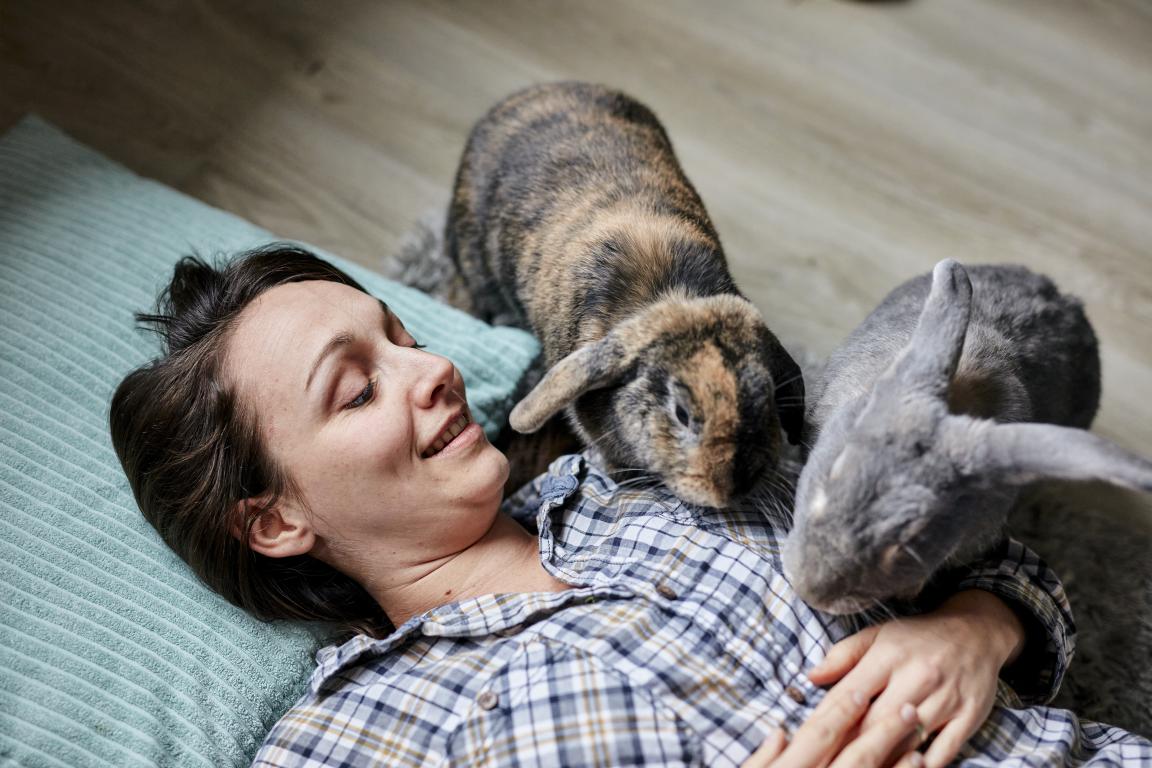
Recognising Your Emotional Support Animal with The Card Project UKAt The Card Project UK, we love celebrating the bond between people and their animals. Your ESA isn’t just a pet—they’re a part of your life. That’s why we offer ID cards for emotional support animals. They don’t give any legal rights, but they’re a simple way to show your animal’s role and make it easier to explain that they provide emotional support. If you want a way to recognise your ESA or see the cards we offer, check out our website. Our cards are a small way to celebrate the big difference your companion makes every day.
© 2024 The Card Project Uk Ltd
VAT: 453 2087 06
|